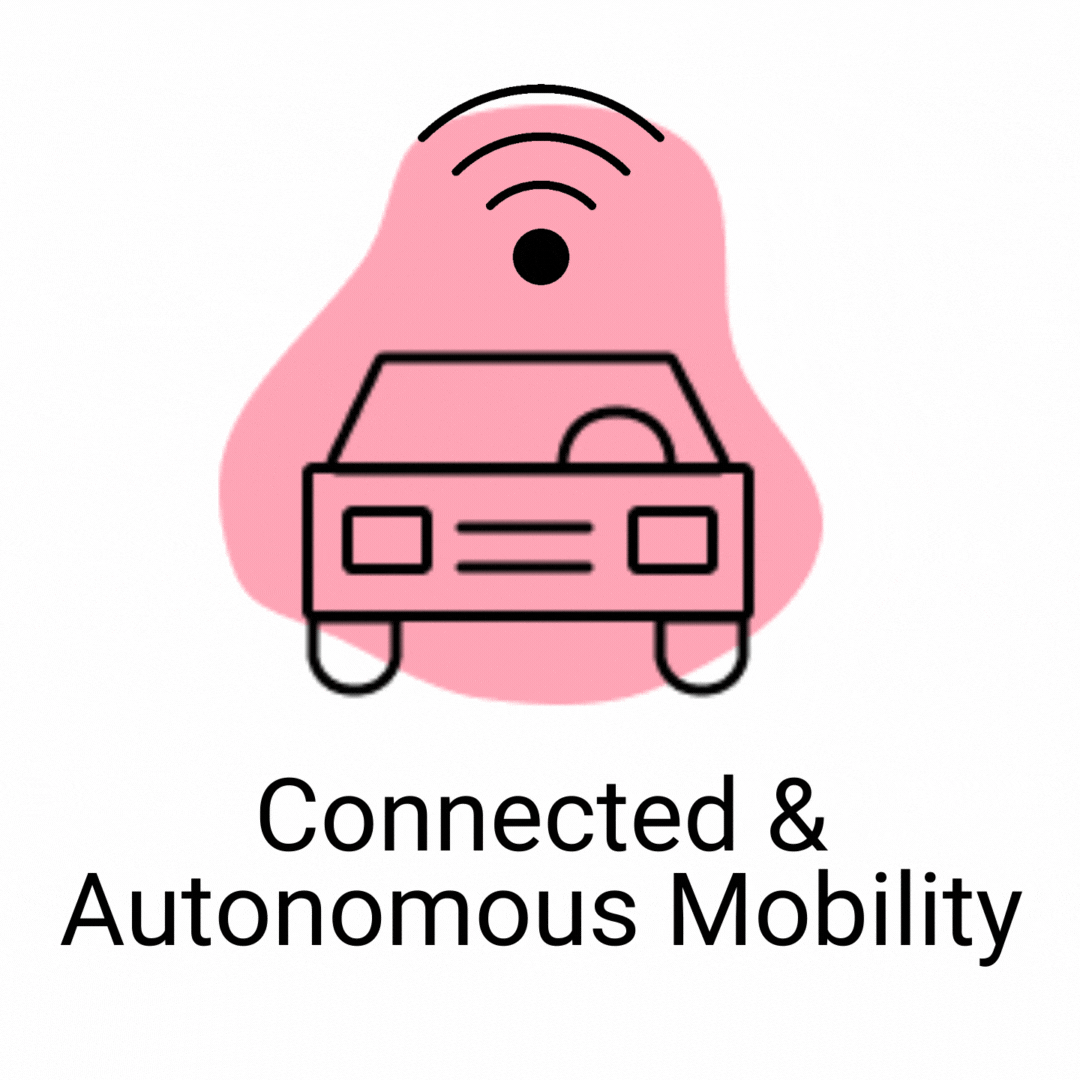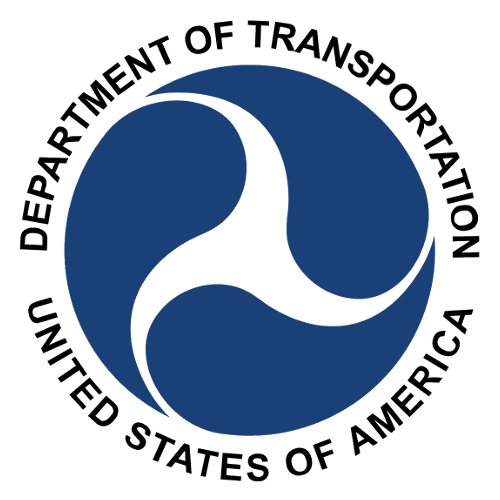Overview
The partnership group of NYCDOT, USDOT, and Transcore identified an area for the USDOT CV Pilot to serve as a location to support Advanced Connected Vehicles (ACVs). This project seeks to better understand the role of infrastructure in supporting and enabling connected driving in an urban environment, leveraging existing networks and technical staff in retrieving existing data.
C2SMART organized and hosted two half day meetings with stakeholders to define detailed goals and outcomes, data needs as well as the timeline required to successfully achieve project goals. One of the important outcomes of this task is the identification of an area of the NYCDOT CV Pilot site that could be used to support CD for ACV. This is achieved through close consultation with NYCDPT CV Pilot team, USDOT and C2SMART researchers.
Ultimately, C2SMART identified three cooperative driving use cases we identified for NYC through this study:
- Pedestrian and bicyclist safety through cooperation,
- Cooperative work zones, and
- Cooperative intersection management.
Research Objectives
Literature Review
A comprehensive review of the literature was conducted to identify and review papers, reports, and information on related on-going projects.
Data-driven analysis of CD for ACV for “Shared Perception”
The USDOT is seeking to implement CD for ACV at intersections to improve safety of road users such as pedestrians and bicyclists. The C2SMART team worked with NYCDOT to obtain existing CD for ACV data for three intersections. NYCDOT had previously instrumented intersections with FLIR pedestrian detection equipment which can detect objects in the configured zones and provide an input to the traffic controller, which is currently used for the Pedestrian in Crosswalk application to provide information in the SPaT message indicating the presence of a pedestrian in the crosswalk.
In summary, the data from infrastructure may include detected objects at the intersection as contact closures in the detection zone for connected vehicle use to improve situational awareness at the intersection. The C2SMART team will work with NYCDOT to acquire, process and analyze this data with the goal of making it available to USDOT for their use in this program.
Development of a Research Report
C2SMART will closely work with NYCDOT and USDOT to develop a research report on the applicability of CD for ACV and the urban challenges based on the literature review, analysis of the collected data as well as stakeholder feedback. A number of data-driven performance measures for intersection safety and efficiency from the perspective CD for ACV will be developed and quantified using data analysis. These performance measures will be shown to be statistically robust and significant under various operational and environmental conditions.
The final white paper produced explores the applicability of cooperative driving for advanced connected vehicles (CD for ACV) on urban roadways based on insights, data analysis, and stakeholder feedback documented as a part of the USDOT Connected Vehicle Pilot Deployment (CVPD). Three testable use cases are identified and mapped for New York City (NYC) applications: 1) pedestrian and bicyclist safety through cooperation, 2) cooperative work zones, and 3) cooperative intersection management.
This mapping accounts for both classes of vehicle cooperation, identifies additional data needs, and assesses the existing agency-owned and third-party data sources available in NYC, alongside potential Cooperative Automated Transportation (CAT) data that may contribute to CD for ACV. More specifically, thermal-based pedestrian detection technology that has already been instrumented by NYC Department of Transportation (NYCDOT) that is currently used for the Pedestrian in Crosswalk Connected Vehicle (CV) application is evaluated. The white paper also provides a detailed recommendation of future needs and opportunities by the introduction of CD for ACV technologies.
Related Media










